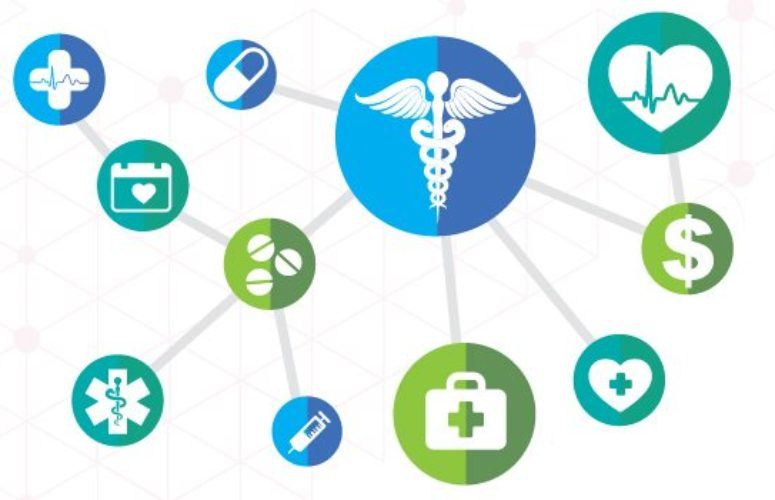
Recognizing the Impacts of Underinvesting in Women’s Health
On Feb 13, 2023For far too long, women’s health issues have been underfunded, under researched and underserved. Leading up to International Women’s Day on March 8, Organon, a global women’s health company with headquarters in Jersey City, is challenging the healthcare ecosystem – along with academia, investors, policymakers, researchers, and others – to consider the consequences of continuing to treat women’s health as an afterthought. For the second consecutive year, the company is also providing its employees, including over 400 employees in the Middle East, North Africa, and Turkey region (MENAT), with paid time off to shine a light and speak out in service of women’s health.
Women account for more than half of the population and mothers make approximately 80% of health care decisions. Despite this, tremendous gaps exist in research and development efforts to advance treatment options for women. In fact, only 1% of healthcare research and innovation is invested in conditions unique to women, according to a 2020 study, Across the MENAT region, plenty of untapped opportunities and challenges remain. According to a Q4 2021 analysis released by FemTech Analytics – a subsidiary of the UK-based Deep Knowledge Group – investment in healthtech in the MENA region grew by 280% but none directed at femtech (women-led health start-ups). Furthermore, according to the report, MENA’s overall share of the total number of femtech companies barely reaches 6%.
“The launch of Organon in the MENAT region came with a promise to deliver a better and healthier world to women and their families. As a company that is focused on innovations that improve women’s health, it is pivotal for us to understand and address the needs of our over 400 employees in the region. For our second year as a young company, Organon is launching a global initiative on the occasion of International Women’s Day where all employees will receive paid time off to focus on their health and wellbeing” said Ramy Koussa, associate vice president for the MENAT region at Organon.
Koussa added: “The first step of advancing women’s health is listening to women, to understand her needs truly. Moreover, to achieve this goal, it is vital to engage all relevant stakeholders involved and committed to this cause, and we call on these stakeholders to join us in marking international women’s day with us. In the MENAT region, since we launched our company in the region, we have been engaged in multiple activities, panels, initiatives, and projects to support her health and raise awareness about her needs. We continue to work closely with key government stakeholders and various medical societies to educate and empower women”.
Multiple research and studies across numerous areas of women’s health reveal crucial and dangerous gaps that impact nearly all stages of a woman’s lifer life. For instance:
- Menopause: Women can experience physical symptoms of menopause, such as hot flashes, for up to ten years. These symptoms can disrupt sleep, lower energy and affect emotional health as well as productivity in the workplace. One study found that 83% of respondents felt menopause negatively affected their day-to-day. Another study shows that the average age for menopause in the Middle East is 46.9-47.8.
- Maternal health: According to UNICEF, while the maternal mortality ratio (MMR) declined by 50 per cent in the MENA region from 1990 to 2015 (from 220 to 110 maternal deaths per 100,000 live births) much is to be left to be done. The main causes of maternal mortality in the MENA region are pregnancy and delivery-related complications such as hemorrhage and abnormal bleeding, hypertensive disorders, maternal sepsis and other related infections.
- Endometriosis: Endometriosis is a common and chronic condition that affects up to 1 in 10 women of reproductive age, causes severe abdominal pain and is associated with infertility. Endometriosis can also limit economic opportunities for some women who experience debilitating pain that prevents them from going to work or school. The prevalence of endometriosis is estimated to be 12.9% in Middle Eastern women undergoing laparoscopy.
To access more business news, visit NJB News Now.
Related Articles:





